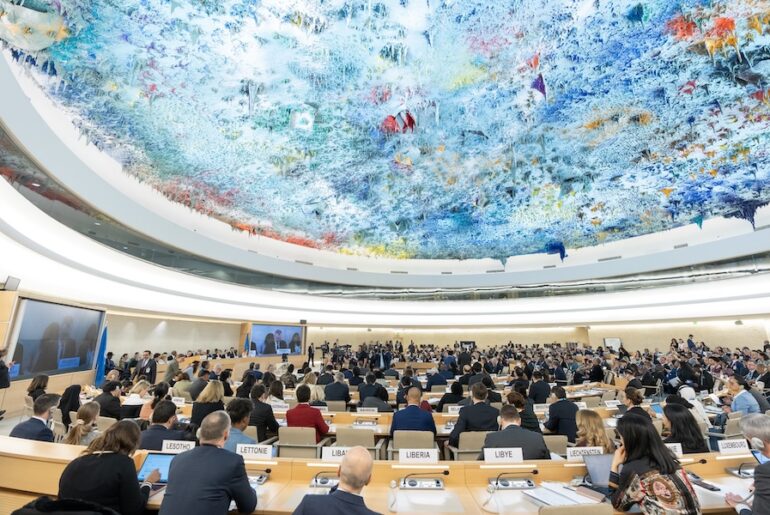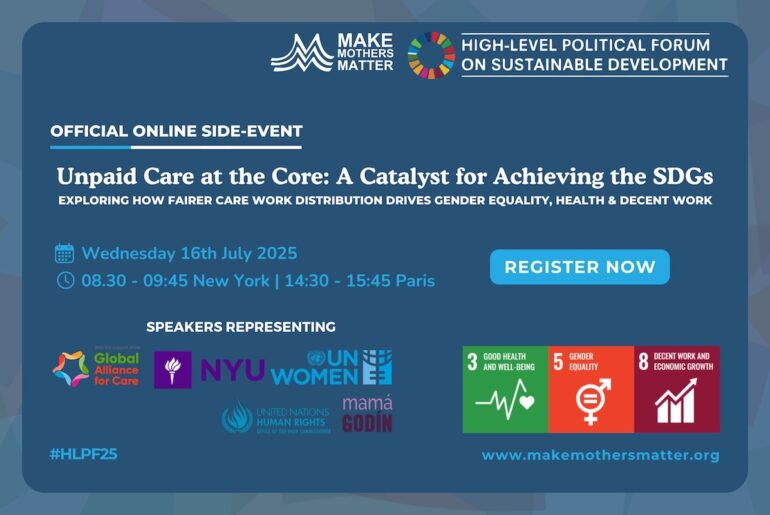MMM unites with its associate members against the pandemic
10.02.21
UNESCO - At the start of the global pandemic in 2020, eight NGO-UNESCO partners decided to collaborate with their grass roots associations in solidarity actions to share the voices of the most vulnerable and to understand the evolving situations on the ground.
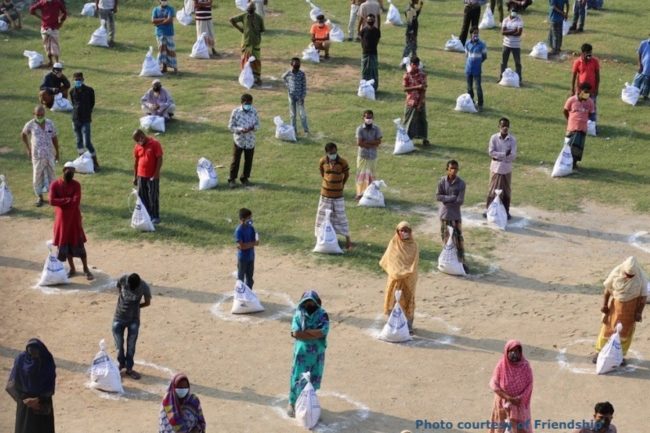
Partners included: the International Federation of Business and Professional Women, International Catholic Cooperation Center for UNESCO, the Association Montessori Internationale, World Organization for Early Childhood Education and Care, International Fellowship of Reconciliation,International Movement ATD Fourth World, and the South Asia Foundation.
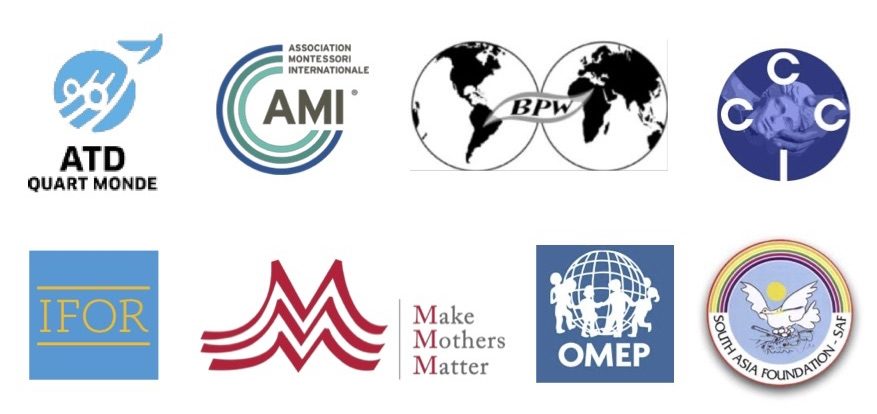
The global online exchanges on the Facebook solidarity platform enabled local associations to connect rapidly, sharing reliable information and best practices amongst themselves as well as with international NGOs, including MMM.
The project report adresses many key issues
What major challenges do local populations face?
To what extent is civil society mobilised?
What concrete consequences of the crisis should be considered when defining future post-COVID priorities?
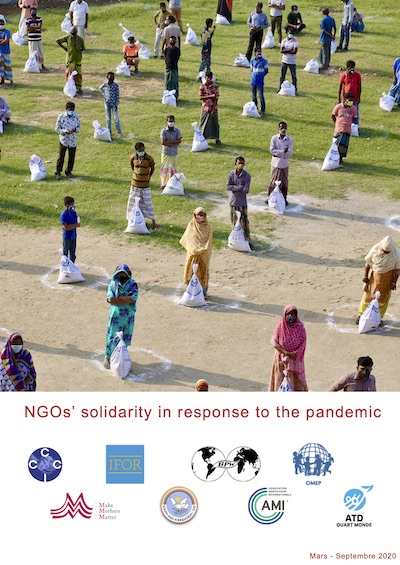 For MMM, the priority has always been mothers, Based on real situations and experiences of diverse populations on different continents, this report also highlights the decisive role mothers have played in creating spontaneous initiatives to fight against the pandemic and protect the weakest.
For MMM, the priority has always been mothers, Based on real situations and experiences of diverse populations on different continents, this report also highlights the decisive role mothers have played in creating spontaneous initiatives to fight against the pandemic and protect the weakest.
UNESCO supports the project
Supported by UNESCO, the collaborative solidarity project between NGO partners, confirms MMM’s commitment to this international Organisation. Read the article on the UNESCO website.
MMM’s contribution is based on the belief that the indispensable reconstruction of “living together” will be unachievable without strengthening civil society partnerships, particularly with local NGOs. Only then can people’s specific needs be addressed and met, allowing for the opportunity to work towards building a more peaceful and just world.
Despite the uncertainty and the many challenges, mothers have remained resolutely committed to the hope of a more peaceful and equitable world for the future of their children.
Now more than ever it is essential to listen to mothers and support them
Project website: www.reseausolidariteong.com
Contact: solidarityproject.ngos@gmail.com
Envisioning care as a common thread to global crises
29.07.24
UN New York - Our virtual HLPF side-event brought together experts to shed light on how the various global crises we face (in particular climate change and other environmental crises,
We call for multi-stakeholder approach to recognise and support unpaid care work
21.07.24
UN New York - Participating in the meeting of the UN Economic and Social Council (ECOSOC) on care and support systems, MMM reaffirmed the principle of co-responsibility, which should underpin
The New EU Gender Equality Roadmap : A Call for Inclusion of Mothers
04.03.25
The European Commission’s initiative on a new Gender Equality Roadmap post-2025, marks a significant step forward in addressing gender disparities across the European Union. Make Mothers Matter (MMM



